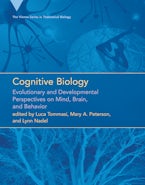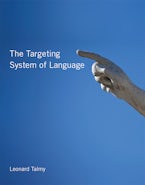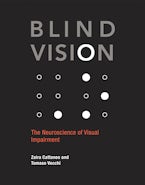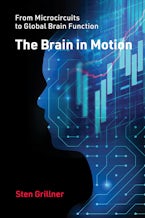The Cognitive Neurosciences III is a magnificent accomplishment. It covers topics from ions to consciousness, from reflexes to social psychology. It is authoritative and encyclopedic, but also lively and unafraid of controversy. Michael Gazzaniga, The MIT Press, and the community of cognitive neuroscientists are to be congratulated for assembling this landmark of twentieth-century science and thrilling preview of what we will learn in the twenty-first.
Steven Pinker, Johnstone Family Professor of Psychology, Harvard University, author of The Blank Slate, How the Mind Works, and Words and Rules
Successful third editions of large reference works must be reliable sources for their field, and Gazzaniga's The Cognitive Neurosciences certainly is, authored by a remarkable group of contributors. But this book is far more: it is full of exciting chapters touching on such newly important fields as adult neurogenesis, and it embraces controversy where appropriate. In my view, this already superb text has only gotten better.
Steven E. Hyman, Provost, Harvard University, and Professor of Neurobiology, Harvard Medical School
To me, this book redefines the idea of comprehensiveness in a reference work. For the cognitive neuroscientist, it provides the latest in integrative cellular and system work. For the neuroscientist who wants to grasp cognitive functions and mechanisms, it offers a thoroughly up-to-date picture of the field.
Floyd E. Bloom, Chairman, Department of Neuropharmacology, The Scripps Research Institute
Another magnificent achievement, and truly new as well! With some 70 new chapters and over 100 new authors, The Cognitive Neurosciences III is as up-to-date as current work in the field.
Endel Tulving, Tanenbaum Chair in Cognitive Neuroscience, Rotman Research Institute, University of Toronto
Gazzaniga and his fearless colleagues have taken on the most challenging topics at the mind-brain interface. Given the brain's complexity, it is easy to get mired in details. This book steps back, looks at the fund of knowledge that has been acquired at all levels of neuroscience, and focuses our attention sharply on the essential questions that fascinate us all: From the mass of cells and circuits that is the brain, how do we come to think, feel, perceive, act, and be aware of who we are? It deftly captures the exciting and ever-challenging journey towards understanding the neurobiology of thought.
Huda Akil, Gardner C. Quarton Distinguished Professor of Neuroscience and Psychiatry, University of Michigan
...a benchmark for what is to come.
Sean Spence
British Medical Journal
This very good and important book confirms the arrival of a major new scientific discipline: cognitive neuroscience.
Chris Frith
The Times Higher Education Supplement












